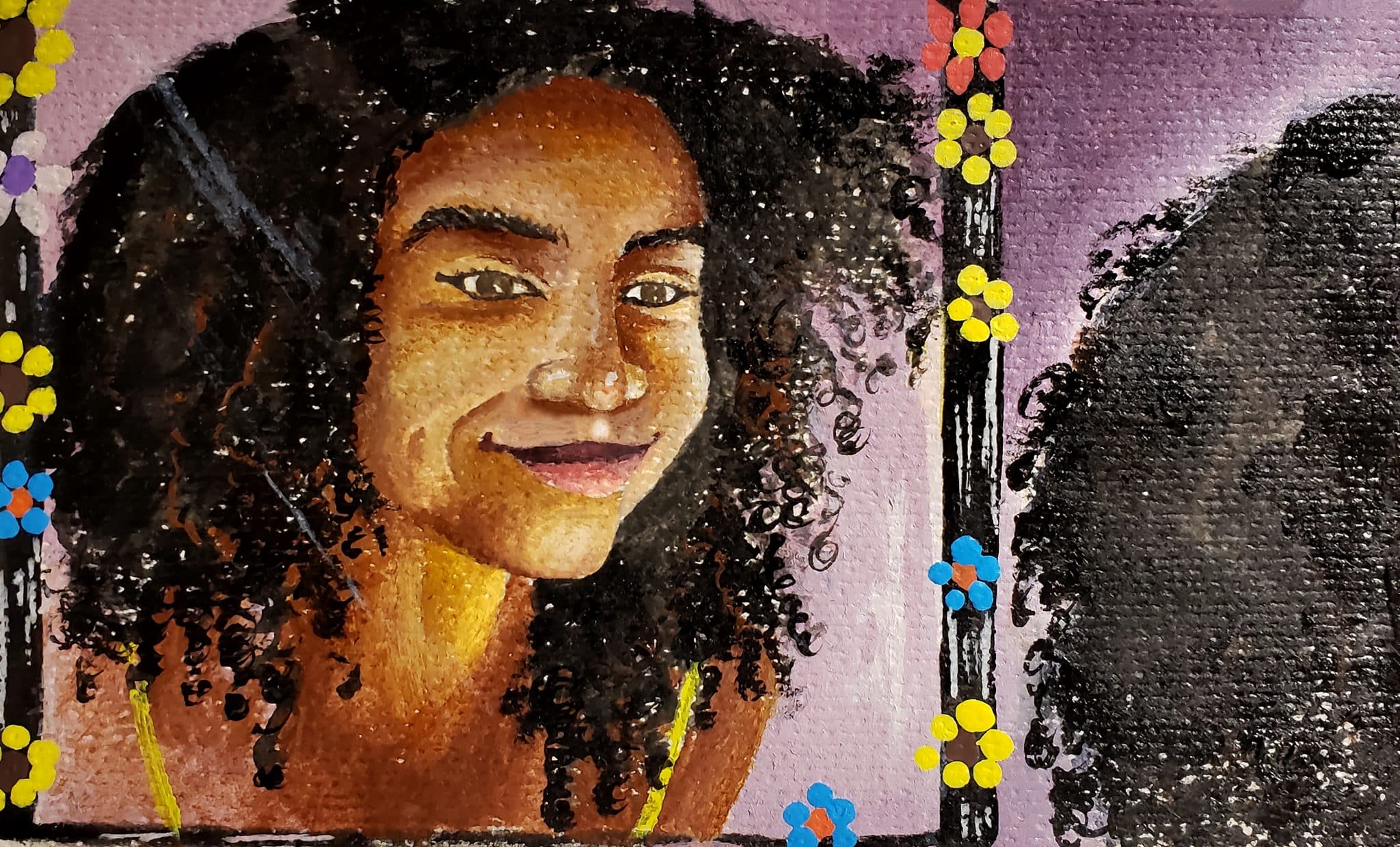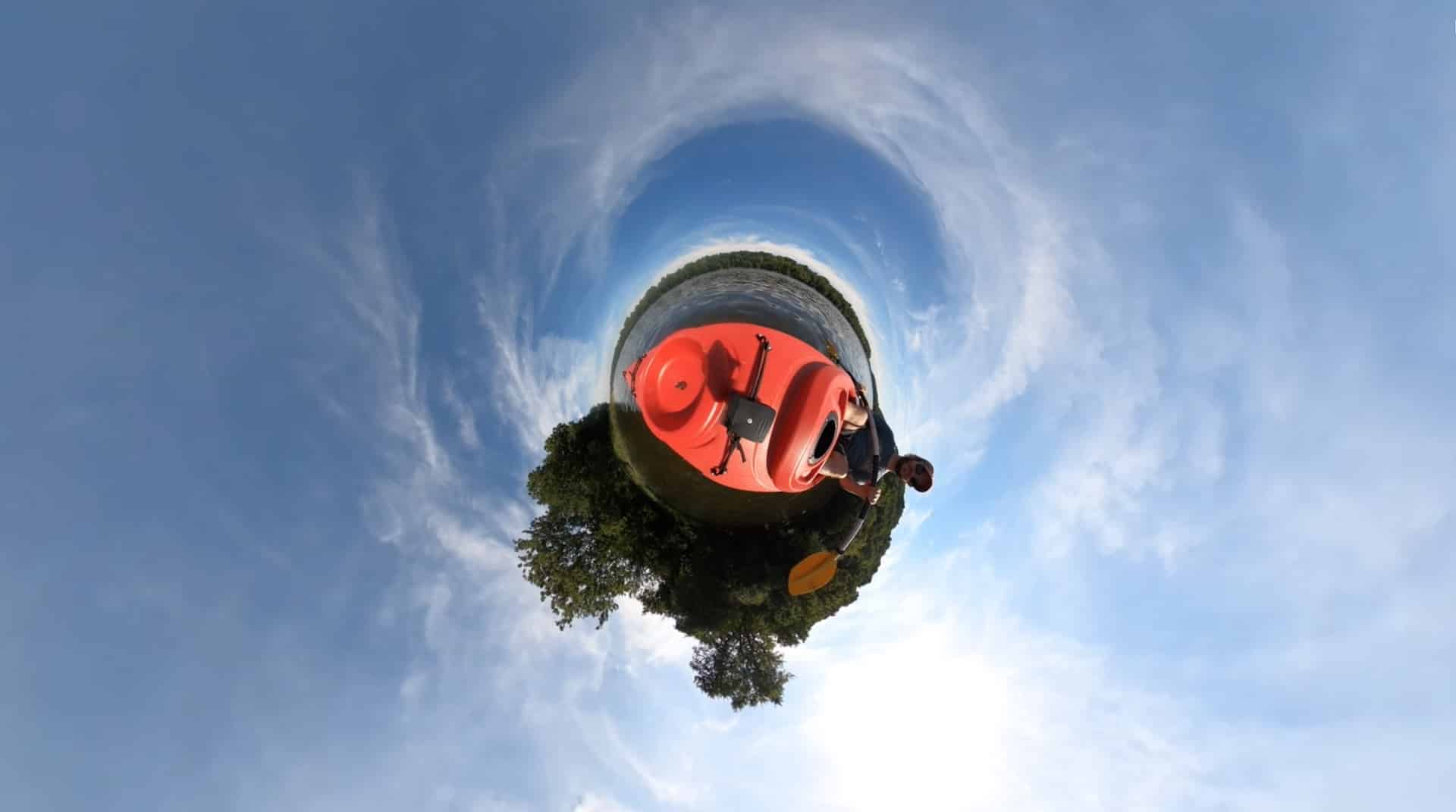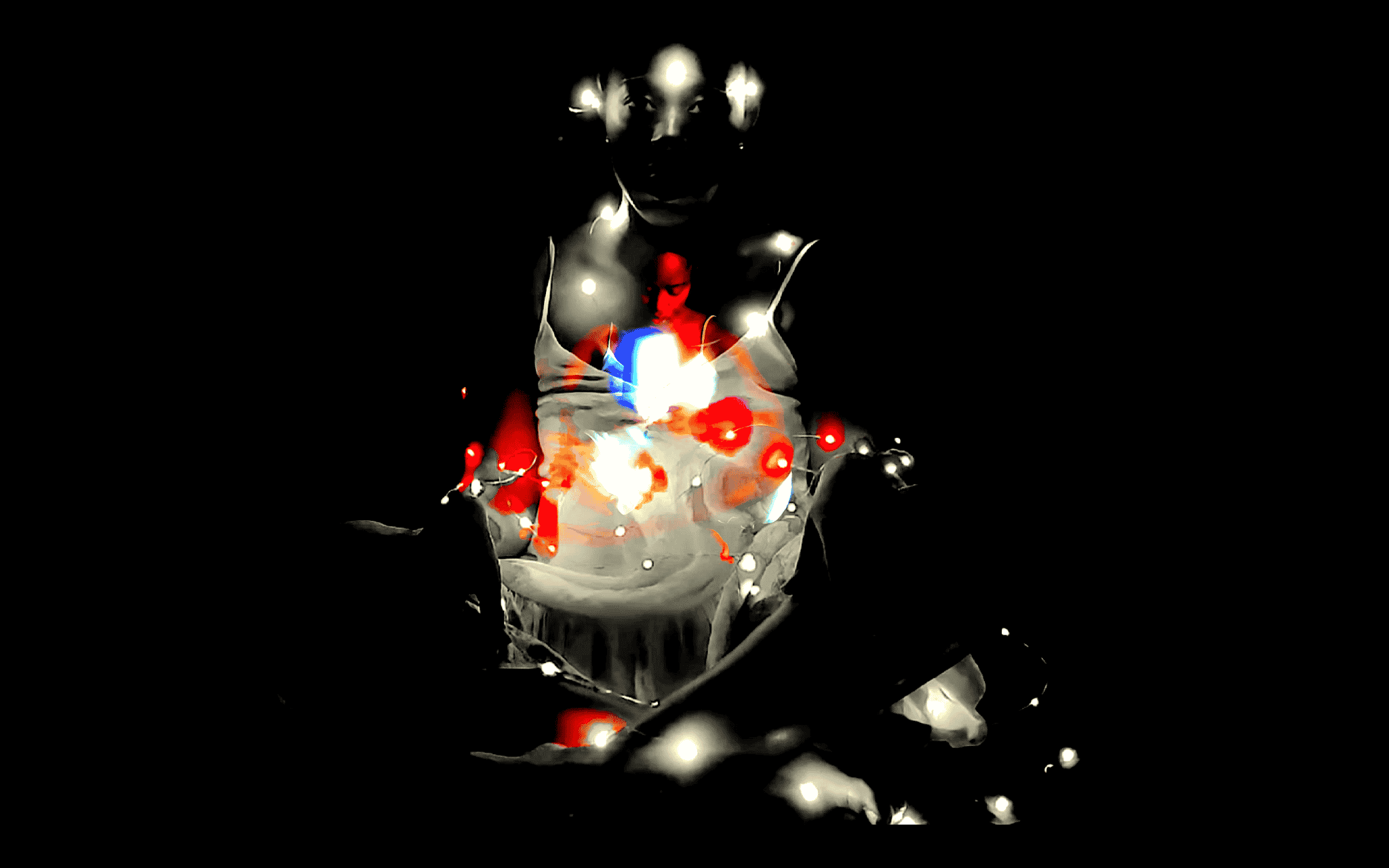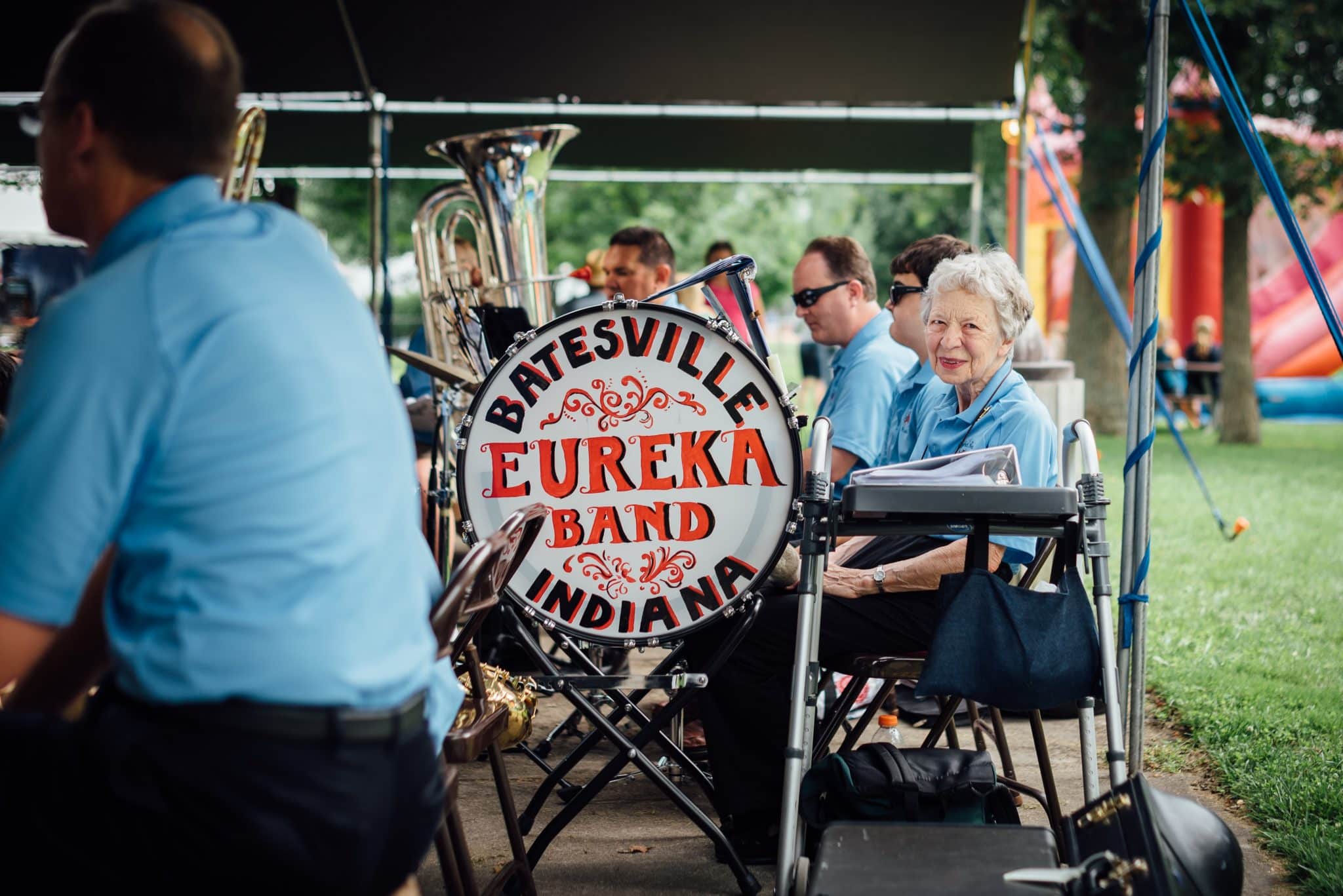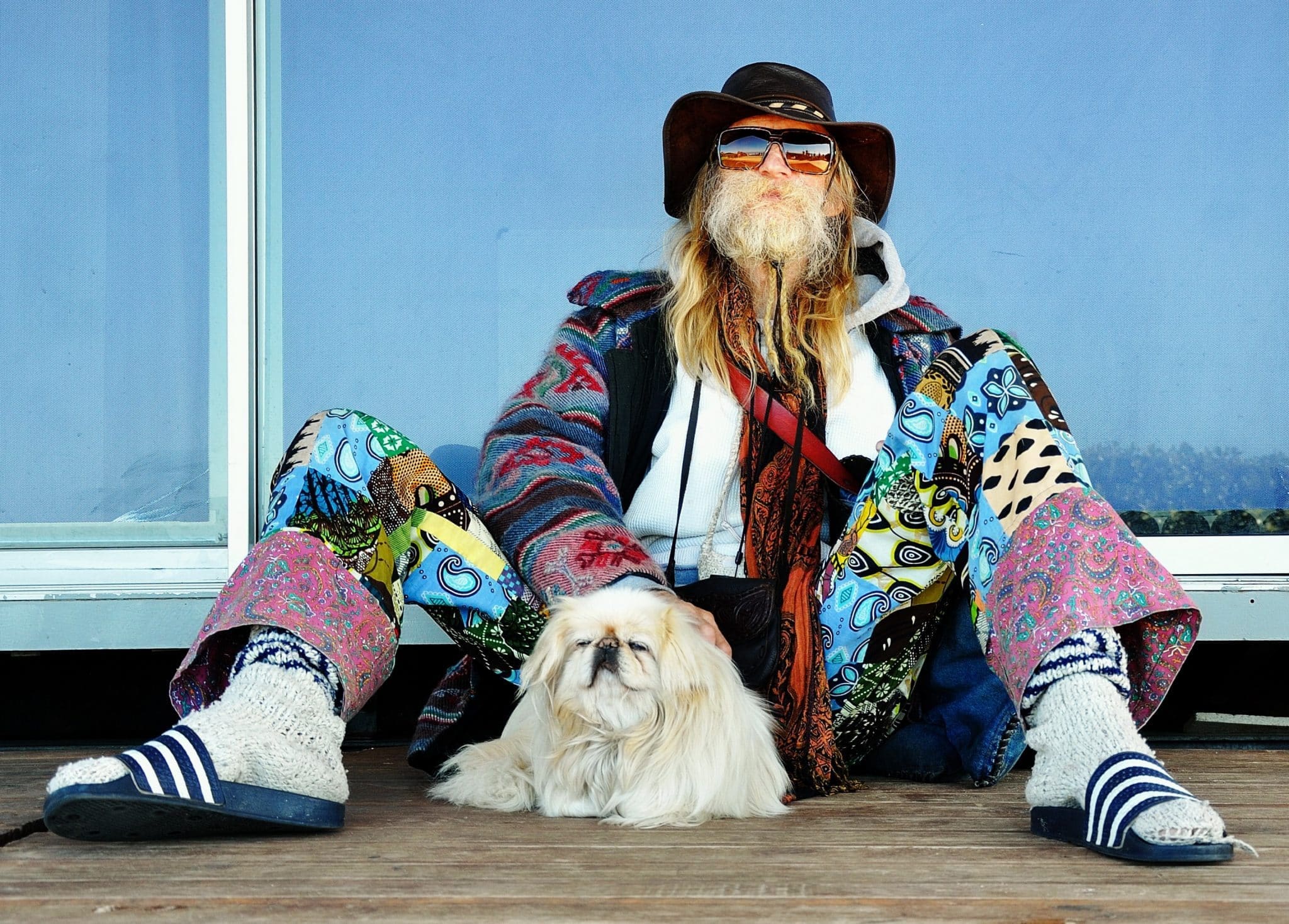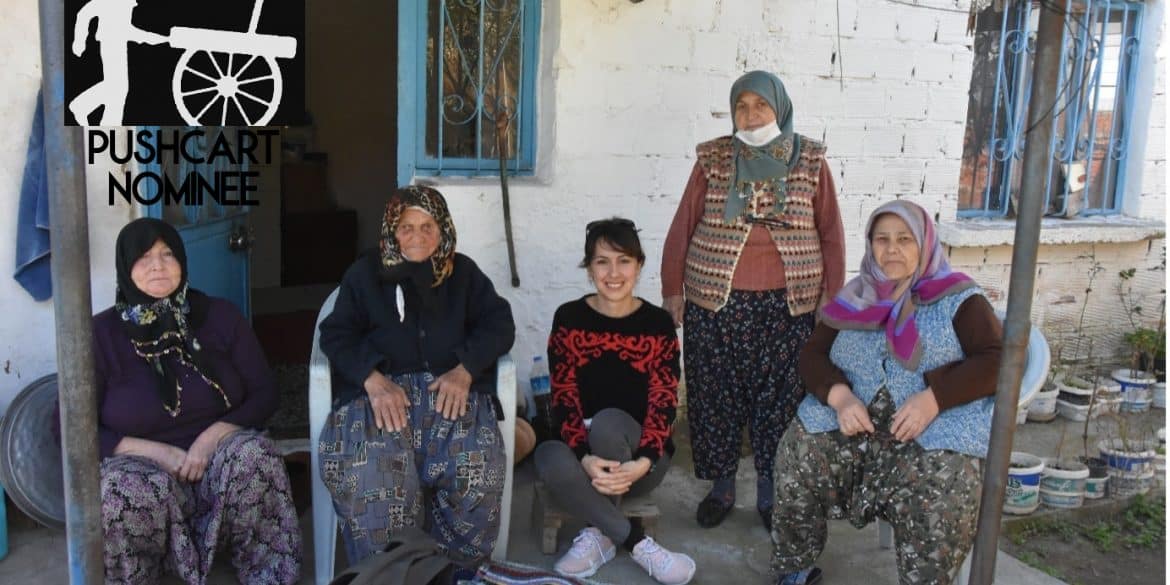"My oil on canvas series, "Journey of Self Love," depicts a variation of obstacles I've personally had to endure throughout my life as a woman."
"In my interview with award-winning author Patricia Leavy on literary research, we also discuss her evolution from academic to novelist, her genre of "social fiction," and her latest novels series, Celestial Bodies."
"As a female gamer, being able to play a game where the female characters/toons aren’t dressed as sexual objects is refreshing."
David Heineman·
All ContentAutoethnographic Art & MultimediaClimate Change Special Issue, 2022Special IssuesVolume 2, Issue 3 (2022)
··2 min read"The Pandemic Nature Project is a 35-minute short autoethnographic film that traces a series of personal experiences, emotional reactions, and critical responses to COVID across a series of short vignettes."
"In "Becoming Multilingual," part 2 of my column, "¡Aguacate! Bringing Up Bebe Bilingüe," I use autoethnography as a writing approach to capture and represent the personal experiences of myself, a qualitative researcher, who has become the researched."
"Sookie was never meant to be my support dog. The subject of this autoethnographic literary nonfiction, I rescued her when I was 17 years old and it was by far the best decision I have ever made."
"In the newest video from The Twerking Academic, I explore how the summer of 2020 slammed me back into an awareness of my own double consciousness as a Black American."
"As a New Age Sage or “Saxion”, it’s important to understand that to move things forward I must accept a challenge - to reinvent myself."
"I'm proud to announce that this week, on July 13, Rowman & Littlefield will traditionally publish my second book, Coping with Parental Death: Insights and Tips for Teenagers."
"The following autoethnographic poetry represents the experience of being a casual academic negotiating the workspace."
In this new issue from The AutoEthnographer, we introduce new features such as book reviews and autoethnographic art.
Dilek Isler Hayirli·
All ContentAutoethnographic Art & MultimediaEducationFrom the EditorsMoreReflections on MethodVolume 2, Issue 3 (2022)
··13 min read"I had not been aware that this emotional research was also performing autoethnography, collecting memories from the field"


